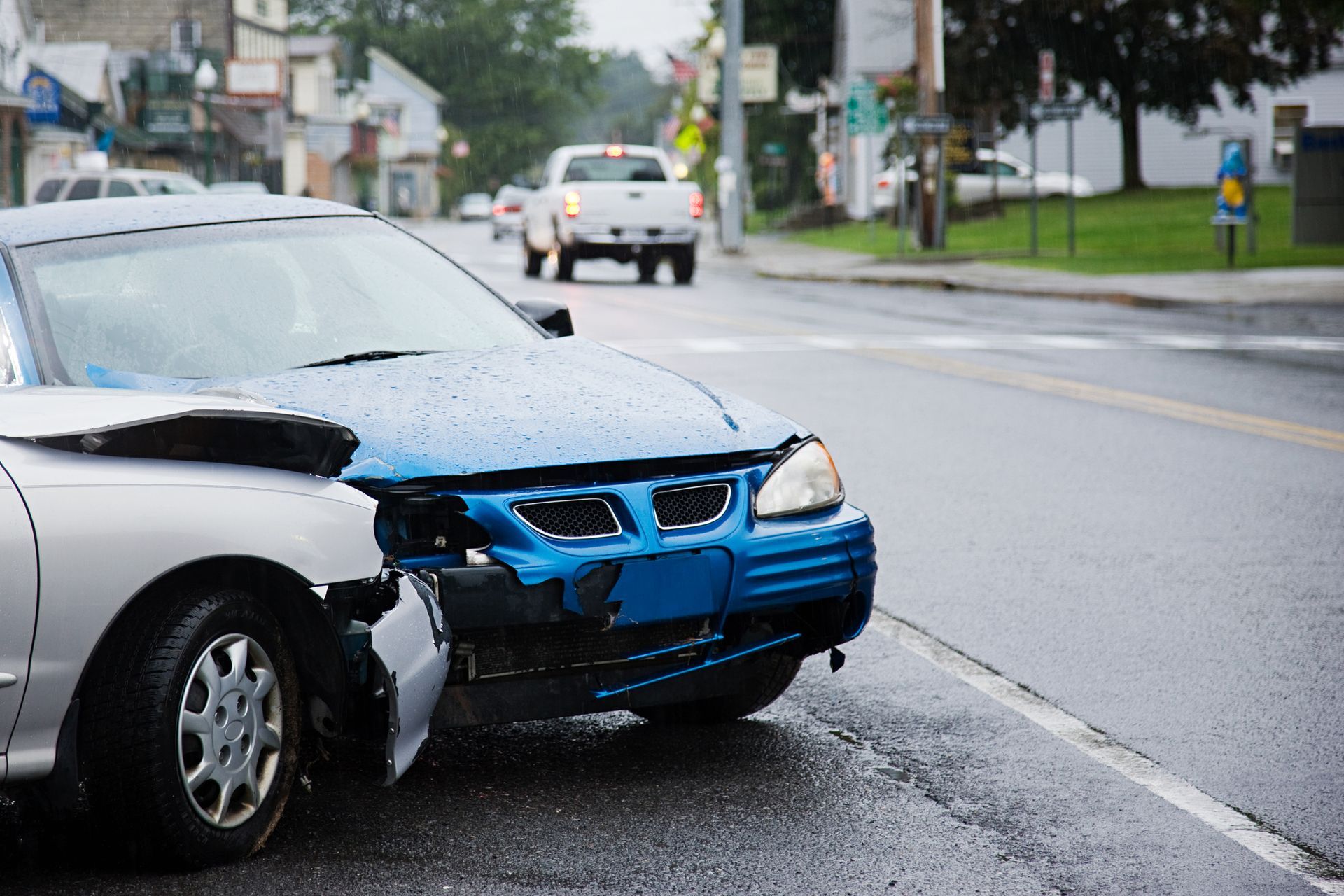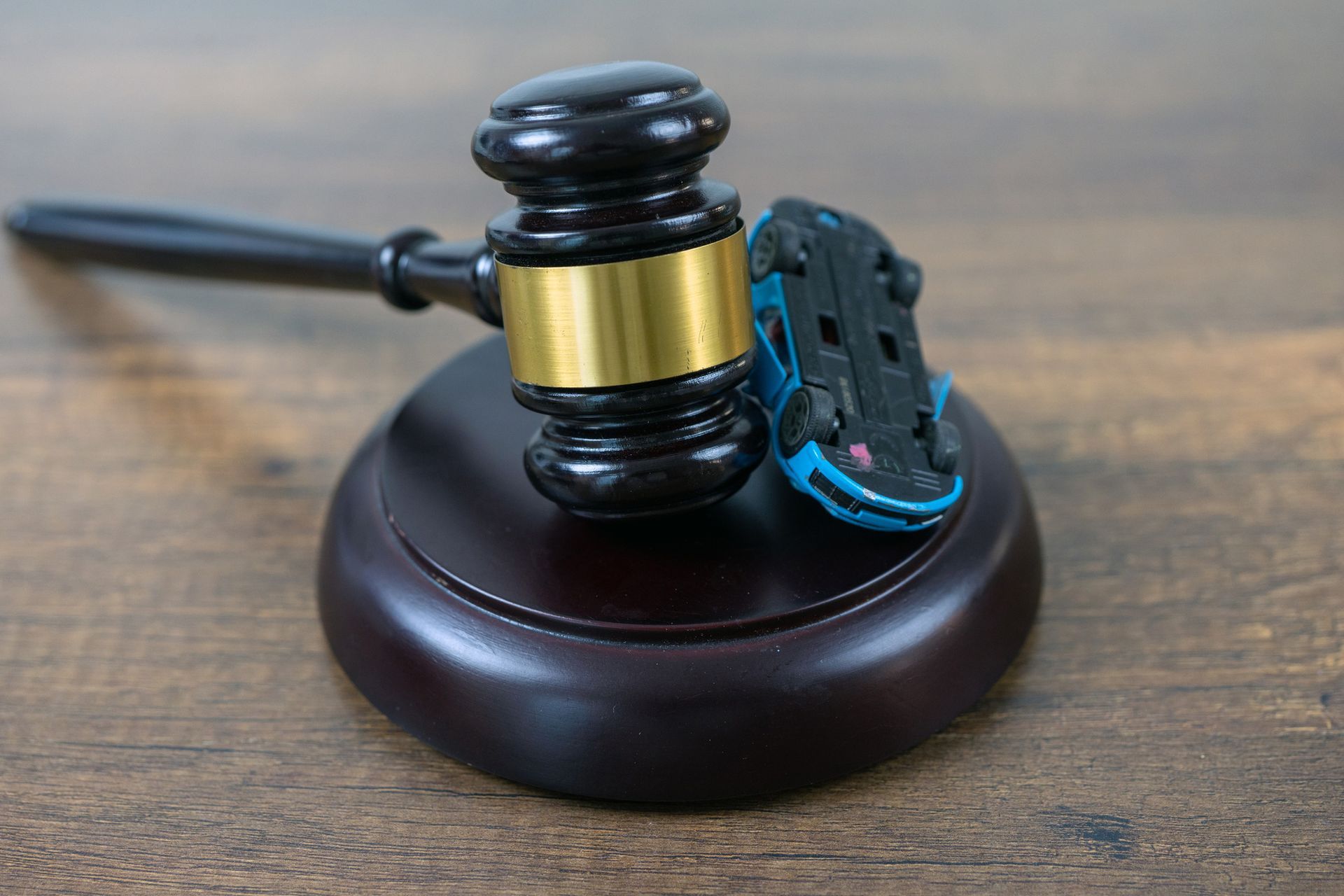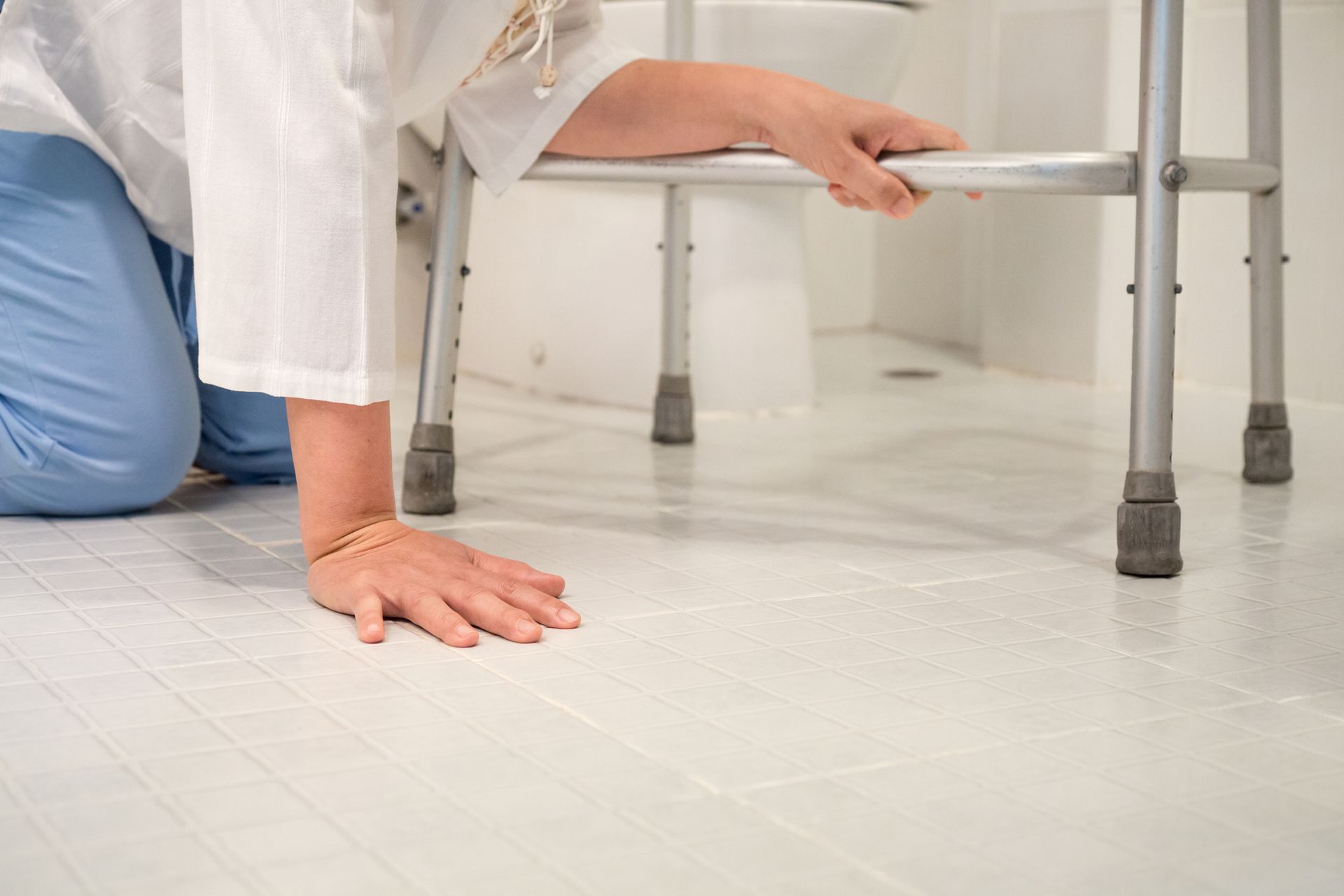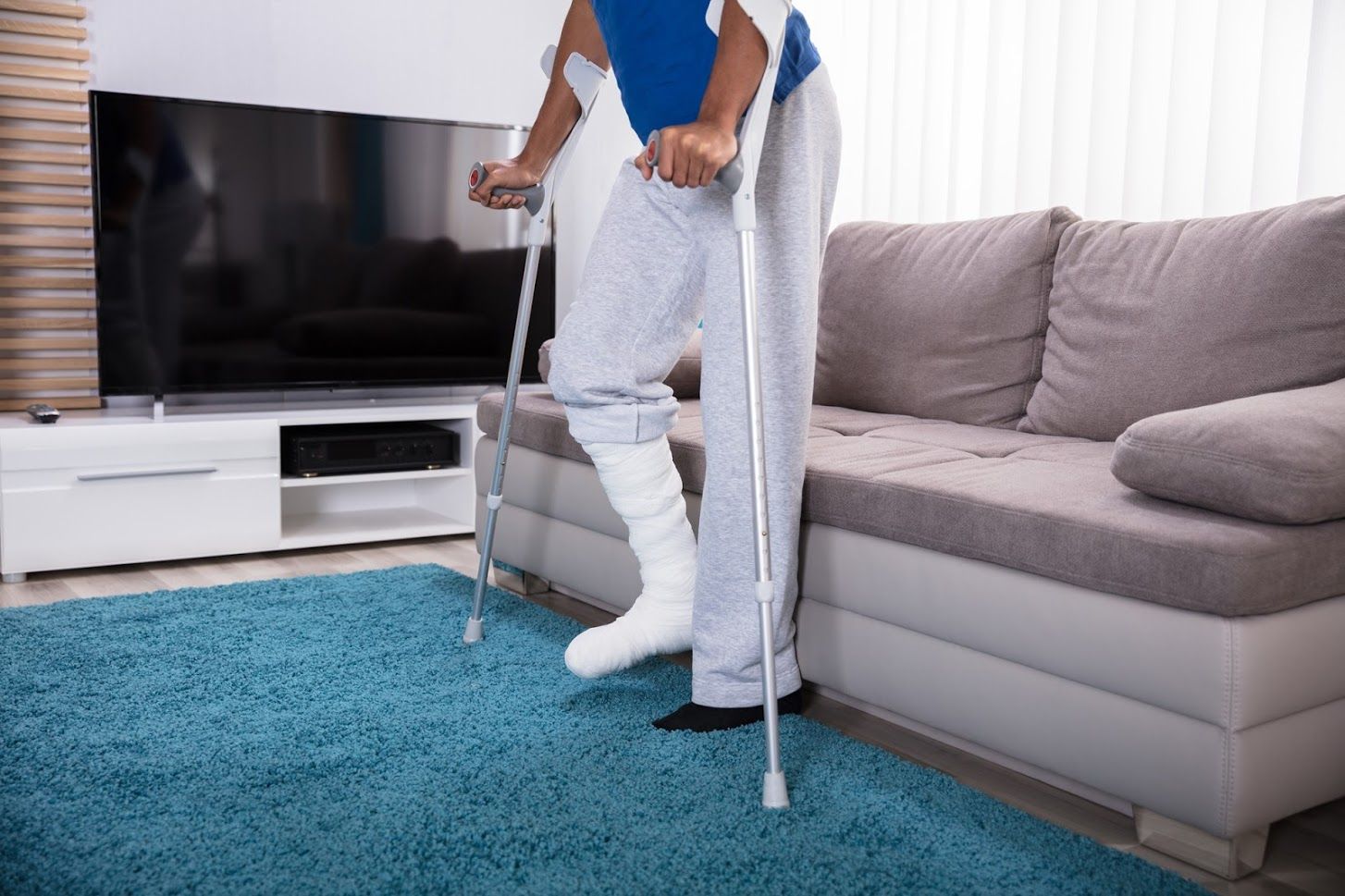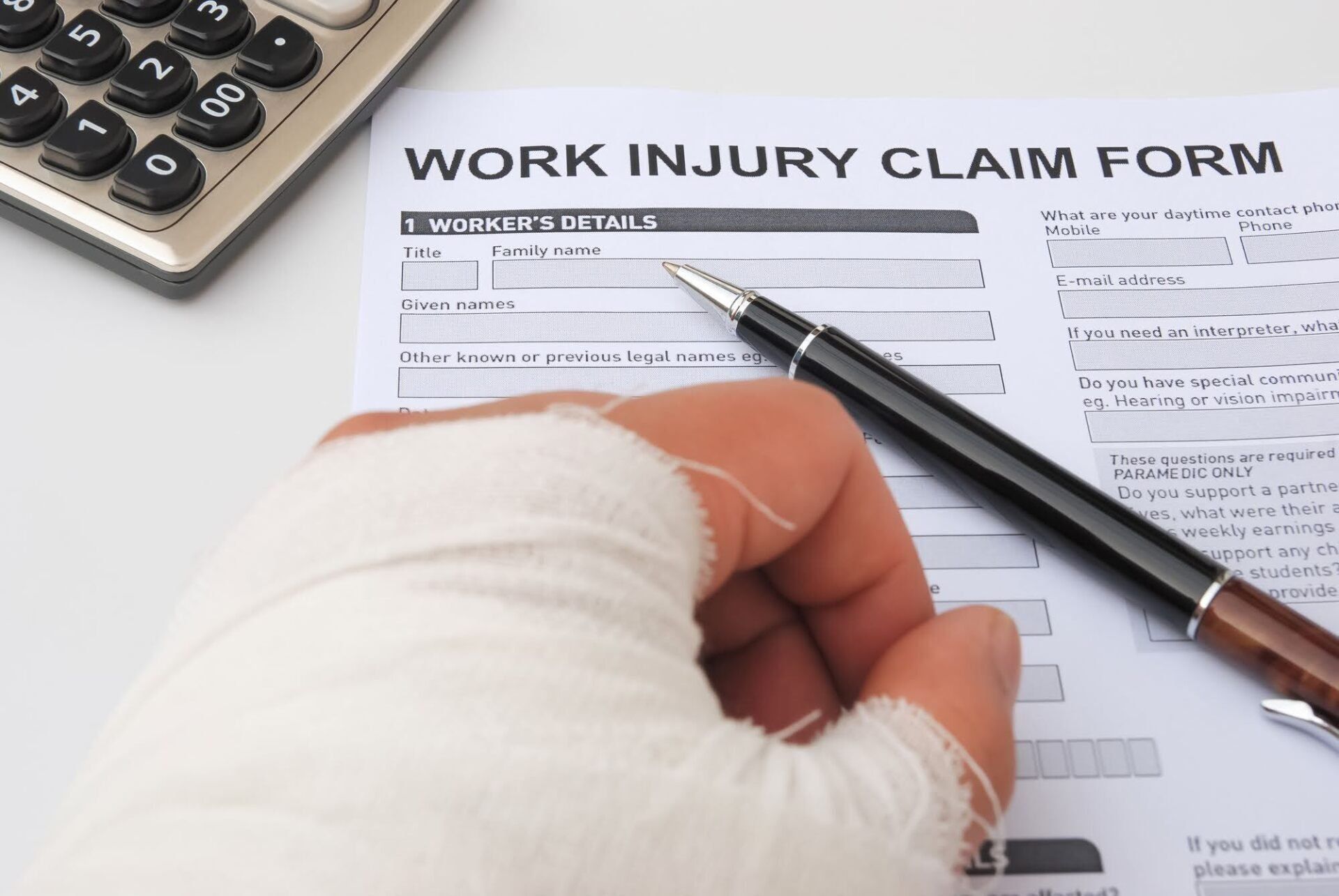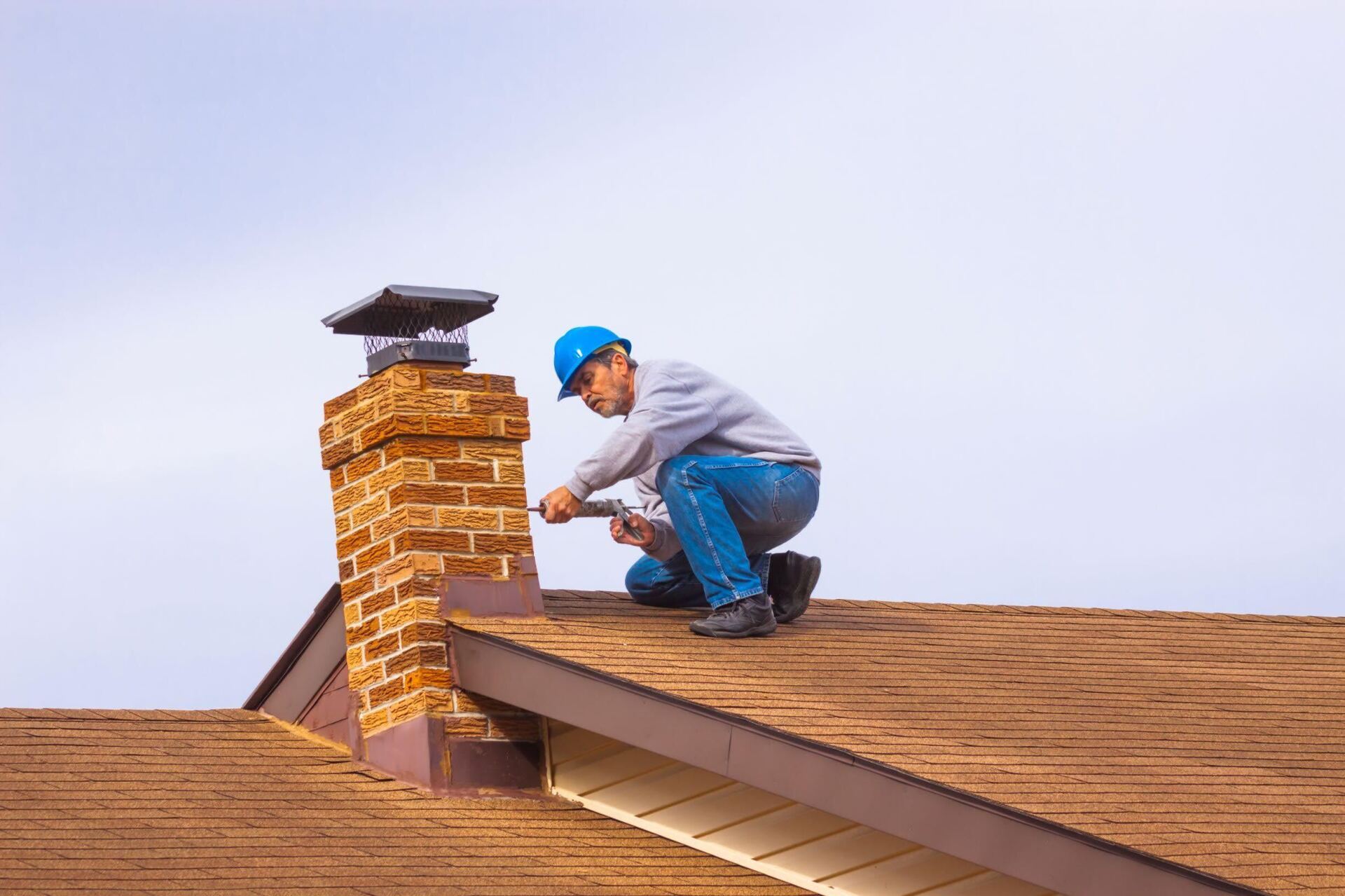Aviation Accident Lawsuit FAQs | David Helfand PA
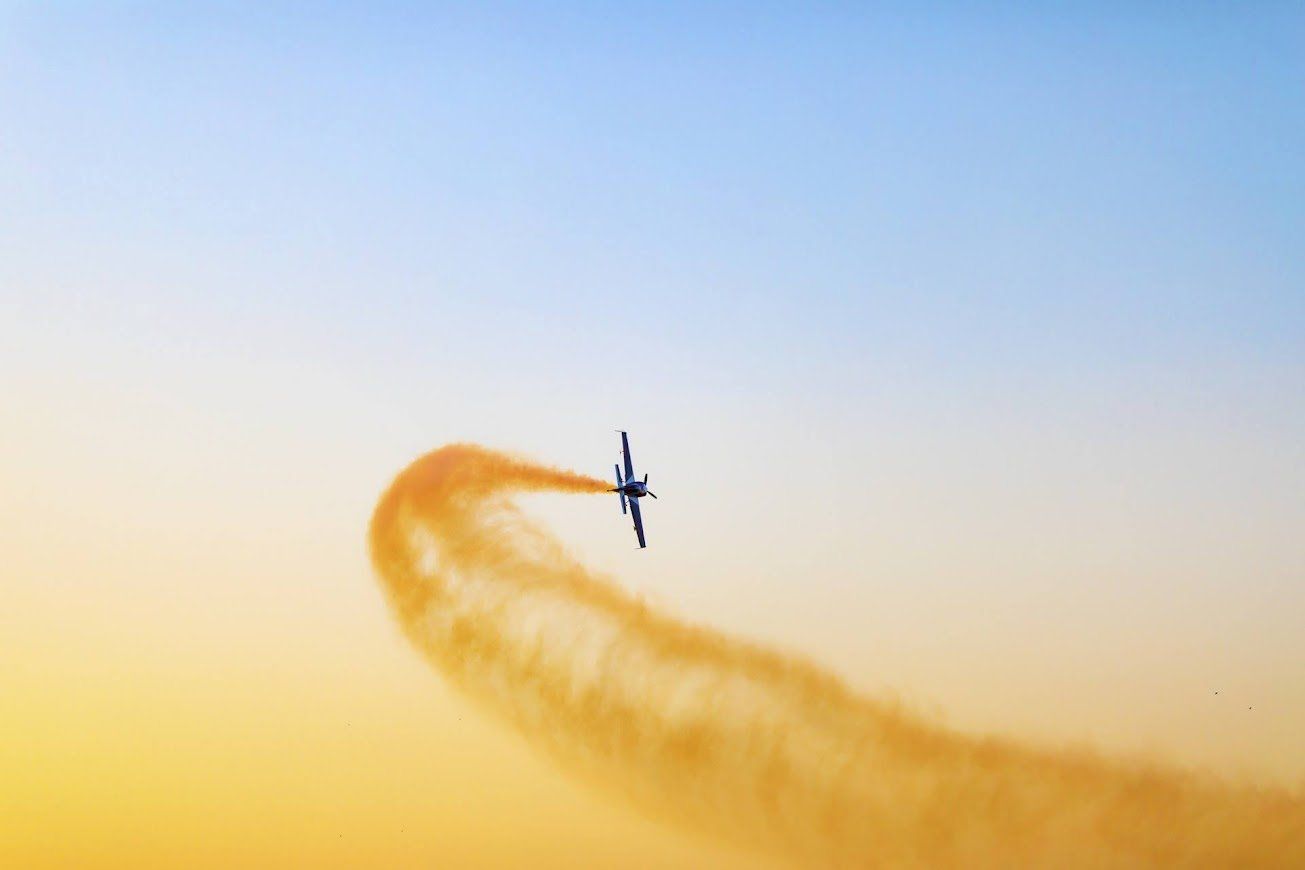
Statistically speaking, flying poses fewer dangers than other ways of getting around, including a death risk just one-nineteenth that of car travel. In fact, you literally stand a greater chance of getting struck by lightning than experiencing death due to a plane crash. However, aviation accidents can still cause injuries and deaths.
The many potential failure points and liabilities in an aviation accident can complicate your quest for justice if you've suffered losses from an aviation accident. The more you understand about this type of case, the more effectively you can navigate its trickier points. Launch your self-education with these frequently asked questions.
Why Do Aviation Accidents Occur?
Aviation accidents can occur for a wide range of reasons, some of which have nothing to do with the piloting of the craft.
Pilots have a duty of care to their passengers and crews, holding final authority for the plane's operations during flight. If they lack the proper certifications to fly the plane safely and legally, or if they deviate from standard accepted flying procedures, they may hold liability for any accident that results from their negligence.
Air traffic controllers and ground crews can also hold liability if they fail to perform the chain of tasks that make air travel safe. Examples include insufficient or inaccurate communications from the control tower, sloppy maintenance by the ground personnel, and refueling errors that cause the plane to run out of fuel prematurely.
In some cases, airplane manufacturers may hold liability in aviation accidents. If an accident stems from a design flaw in any part of the aircraft that causes a serious malfunction, the individuals who suffered losses from the accident may sue the manufacturer.
What Kinds of Lawsuits Can Aviation Accidents Produce?
Aviation accident lawsuits tend to fall into one of two categories — personal injury and wrongful death. Both a person injured in an aviation accident and that person's spouse may file a personal injury lawsuit. The losses named in the lawsuit may include medical expenses, loss of income, and damages to the spousal relationship.
Depending on the probable cause of the accident, you might file either a negligence claim or a product liability claim. A negligence claim hinges on the failure of an individual or organization to live up their duty of care. A product liability claim places the blame for the accident on a defective aircraft part or design flaw.
If an aviation accident causes wrongful death, the dead person's spouse, child, child's guardian, or parents may sue the responsible party for financial compensation. In addition to financial compensation, the individual filing the lawsuit may also seek non-economic damages for intangibles such as pain and suffering.
How Do You File an Aviation Accident Lawsuit?
Before you can file any kind of aviation accident claim, you must know which agency to present with that claim. If the accident involves a local flight in a private plane, the state of Florida's personal injury laws and procedures will apply. If the flight crossed state lines or FAA workers, you must sue under the Federal Tort Claims Act (FTCA).
An aviation accident lawsuit filed with the State of Florida must adhere to the same basic rules governing most Florida personal injury claims. For instance, you need to file your claim within four years of the accident date. If you discovered your injury at a later date, the court might allow an extension of this four-year filing period.
An aviation accident lawsuit based on negligence must show that the defendants had a duty of care to you, that they failed to meet that duty of care, and that the failure directly caused your losses. In cases of pilot negligence, you must show that a competent pilot would have operated the plane differently.
In a product liability case, your attorney must point to a specific mechanical, electrical, or other failure that directly led to the aviation accident. The National Transportation Safety Board investigates such accidents thoroughly, which means that your legal team can access their findings when building your case.
What Defenses Can the Opposition Use Against You?
The defendants in an aviation accident lawsuit may try to invalidate your case in various ways, including the use of specific legal barriers. The General Aviation Revitalization Act of 1994 specifies that you can't bring a lawsuit against an airplane or airplane component that has remained in service for at least 18 years.
If you sue under Florida personal injury laws, the opposing legal counsel may try to show that you hold some liability for the accident under Florida's comparative negligence rule, thus reducing their portion of the damages.
Whether you've sustained losses from a local airplane crash or you intend to pursue a lawsuit against a major commercial airline, the Law Offices of David A. Helfand, P.A. can examine the facts and help you make a strong case for financial compensation. Contact us today to tell us about your concerns and get a free case evaluation.
CONTACT US
We will get back to you as soon as possible
Please try again later
CONTACT US
We will get back to you as soon as possible
Please try again later
Notable Cases Handled by
The Law Offices Of David. A Helfand, P.A.
Medical Malpractice - necessary surgery done in negligent manner resulting in lacerated intestine. $800,000.00 – settlement against Surgeon and Hospital.
Medical Malpractice - Misdiagnosed cardiac condition due to negligent study and reporting of diagnostic cardiac test resulting in death of 50-year-old woman - $3,000,000.00 settlement against Hospital and Cardiac radiologist
Medical Malpractice – Administration of medication and failure to recognize side effects causing brain injury – $2.3 million settlement against Hospital and Attending Physician.
Truck Accident – Truck made illegal U-turn at night without proper safety equipment to warn motorists resulting in collision, causing brain injury to oncoming motorist - $2,350,000.00
Uninsured Motorist Claim / Auto Accident – underinsured vehicle rear ended plaintiff, back and shoulder injuries, requiring surgery - $558,000.00 settlement against uninsured motorist insurance company.
Supermarket Slip and Fall – Plaintiff slipped on dropped fruit on floor, causing plaintiff to slip and fall resulting in shoulder and back surgery - $450,000.00
Supermarket Slip and Fall on Water – captured on store security system- knee injury -$125,000.00 settlement against supermarket
Near Drowning – At Hotel pool that failed to have property safety lines in pool and no lifeguard - $340,000.00 settlement with hotel
Workers Compensation Case
– Worker fell off roof while working, sustaining catastrophic back injuries – all employers denied compensability - $2,000,000.00 Global Settlement
Workers’ Compensation Case - Dock Worker injured at work when delivery truck was not properly braked to the dock. Workers compensation settlement and settlement against truck company - confidential settlements
Negligence – Negligent supervision at school resulting in injured eye to student due to lack of supervision, Confidential settlement.
Premise Liability – household guest burned by fire when homeowner spilled hot oil on guest while cooking- $300,000.00 settlement with Homeowner’s Insurance Company.
Slip and Fall – on wet floor in restaurant bathroom resulting in fractured ankle- $325,000.00 Jury Verdict.
Office Hours:
- Mon - Fri
- -
- Sat - Sun
- Closed

